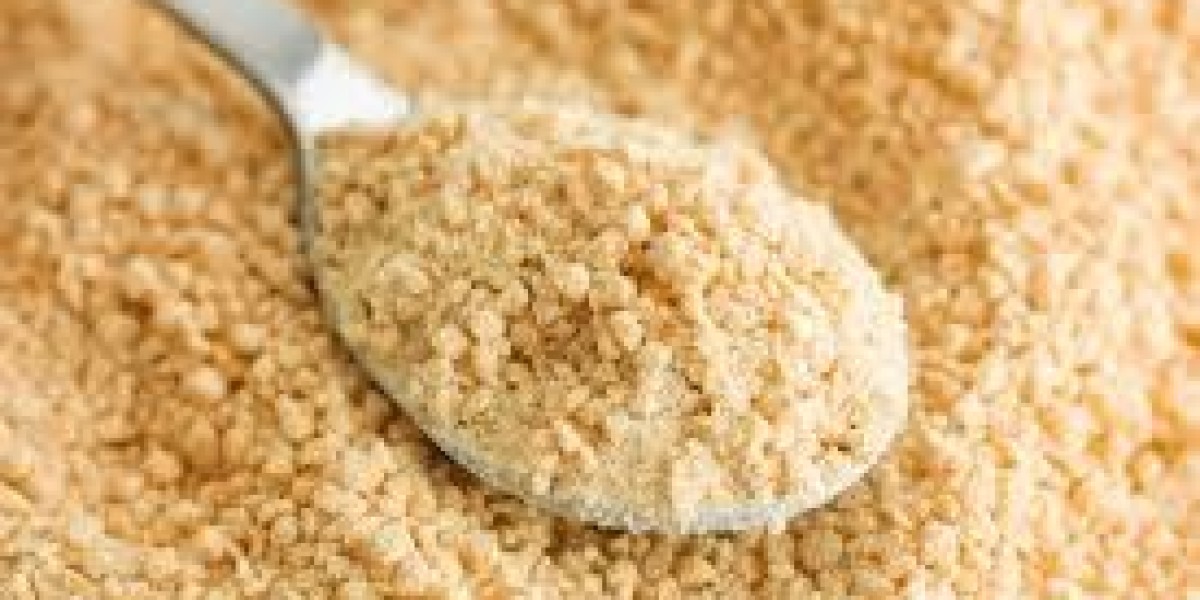Introduction
Soy lecithin is a food additive made from soybean oil. It is derived during the processing of soybean oil and consists of a mixture of phospholipids like phosphatidylcholine, phosphatidylethanolamine, phosphatidylinositol, and phosphatidic acids. Soybean lecithin is often described as a natural emulsifier derived from soybeans.
Uses of Soy Lecithin in Food Industry
Soybean lecithin is widely used as an emulsifier in the food industry. Some key uses include:
- Chocolate Products: It is commonly added to chocolate and confections to keep the cocoa and butter from separating. Soybean lecithin helps maintain the right texture in the final product.
- Baked Goods: It adds moisture and improves the shelf life of baked goods like bread, cakes and cookies. Soybean lecithin inhibits staling by slowing down starch retrogradation.
- Margarine and Shortening: It is added as an emulsifier to margarine, shortenings and spreads to keep the oil and water parts evenly distributed. This provides a smooth texture.
- Mayonnaise and Salad Dressings: As an excellent emulsifier, soybean lecithin helps suspend water and oil ingredients to give a thick and creamy consistency to mayonnaise and vinaigrette dressings.
- Meat Products: It is used to maintain moisture in various meat products like sausages and deli meats. soybean lecithin acts as a stabilizer during cooking and storage.
Uses of Soy Lecithin in Non-Food Applications
Besides its wide usage in the food industry, soybean lecithin also finds applications in cosmetics, pharmaceuticals and other areas:
- Cosmetics: It is abundantly used as an emollient and emulsifier in cosmetic formulations. Soybean lecithin improves the texture of facial creams, lotions, lipsticks and other beauty products.
- Dietary Supplements: Soybean lecithin dietary capsules are promoted for heart, brain and liver health. The phospatidylcholine content is linked to various health benefits.
- Paints and Inks: Its lecithin emulsifying properties allow it to be added to paints, inks and coatings. This facilitates the dispersal of pigments in the solvent base.
- Plastics and Rubber: Soybean lecithin acts as a lubricant and release agent during plastic molding and rubber production processes. It reduces friction and eases removal of finished parts.
Health Benefits of Soy Lecithin
The fatty acid composition and nutrient profile of soybean lecithin contribute to various health advantages:
- Heart Health: The phosphatidylcholine present regulates cholesterol levels and supports cardiovascular function. It may reduce risk of heart disease.
- Brain Health: Phosphatidylcholine is a major constituent of cell membranes and myelin sheaths insulation nerve cells. It is important for brain development and function.
- Liver Health: Studies indicate soybean lecithin may protect the liver from toxic damage and help manage conditions like fatty liver disease and cirrhosis.
- Anti-inflammatory: The phytosterols, lecithin and unsaturated fatty acids possess anti-inflammatory properties that can help relieve conditions like arthritis.
- Anti-cancer Effects: Some research associate soybean lecithin intake with reduced risk of cancers like breast, colon, prostate and skin cancer due to isoflavones and other compounds.
Thus, soy lecithin demonstrates diverse benefits and uses not just as a food additive but also in cosmetics and non-food applications due to its emulsifying properties. Future research will likely expand its applications in medicinal and industrial sectors.



